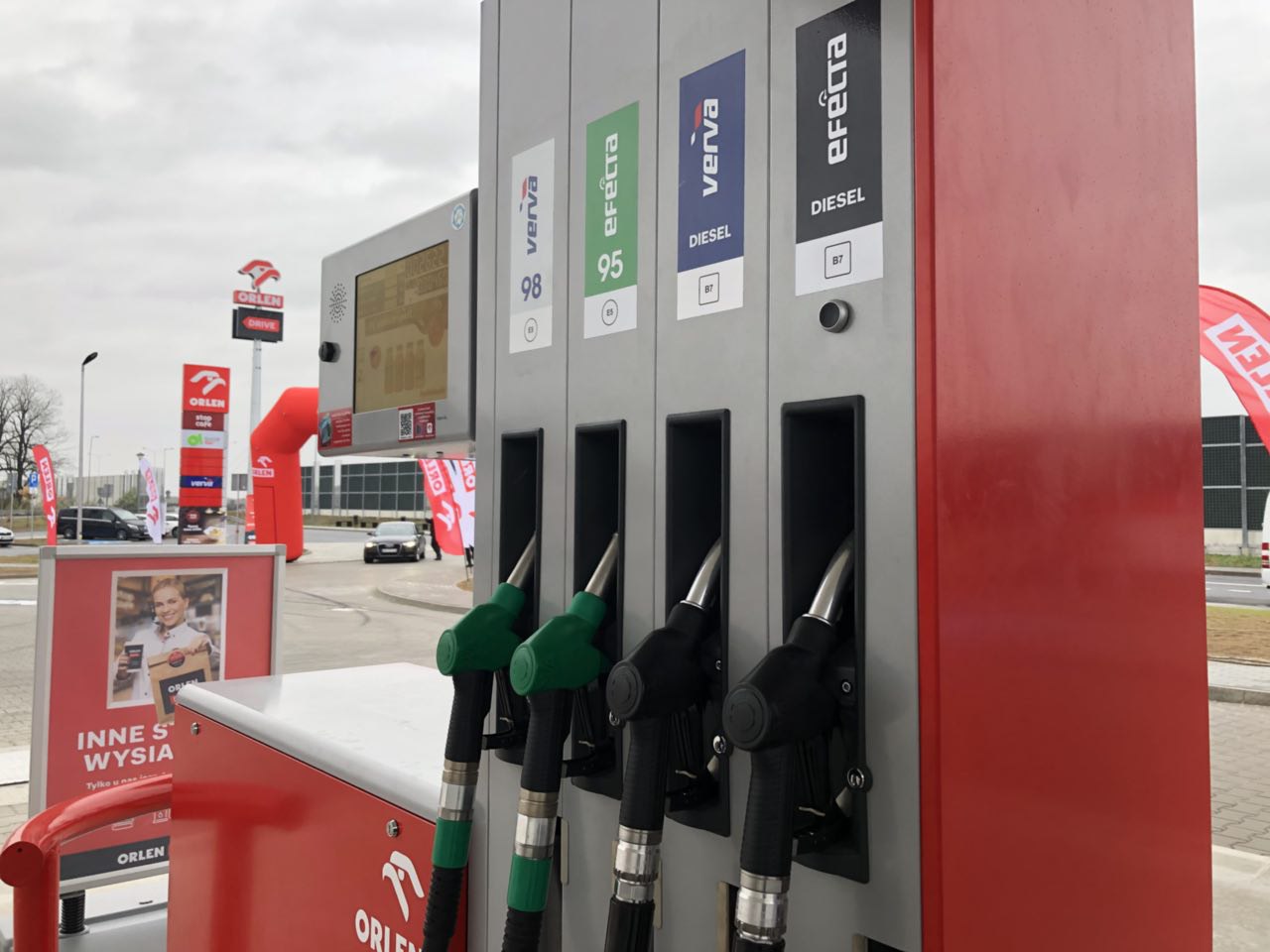So far Joe Biden’s visit to Saudi Arabia has not added any new oil to the market to lower the price of fuel at gas stations. If the Saudis do not help, the impending crisis will – writes Wojciech Jakóbik, editor-in-chief at BiznesAlert.pl.
The Saudis won’t help
The President of the United States visited Riyadh to discuss increasing the supply of oil on the market as prices at fuel stations around the world, and in his home country, are breaking the records. This accelerating trend is putting at risk the stability of western governments and undermines the foundations of economies that run on the ever more expensive fuel. However, the Saudis did not make any new declarations.
Prince Mohammed bin Salman declared that his country would increase oil production from 12 to 13 million barrels a day by… 2027. This was not a new declaration, as it had been already formulated in the spring of 2022 after Russia attacked Ukraine, and Washington indicated to oil powers that output should be upped. The White House said that it welcomed the increase in production by 50 percent above the plan for July and August, without going into details. This referred to the increase in oil output agreed already in June as part of the OPEC+, when the organization decided to add 648 thousand barrels a day in July and August, instead of the previously promised 600 thousand. This declaration was made back in June 2022 by the entire OPEC+ group. In order to fulfill this pledge, the Saudis had already planned to increase their own production, and this is what the White House referred to in the cited statement.
The above news caused confusion, because some media reported that the Saudis would increase the supply of oil. However, hopes were crushed by Foreign Minister Faisal bin Farhan al Saud, who announced that any decisions about the level of oil production would be made at the upcoming OPEC+ summit on 3rd August. This means that the Saudis will not break out of the agreement in which they participate with, among others, Russia. The Minister of State for Foreign Affairs of Saudi Arabia Adel Al-Jubair announced that Saudi Arabia would increase the supply of oil when there is a shortage in the market. The oversupply is estimated at one million barrels per day. Oil majors can therefore maximize their profits from every barrel. Restrictions on oil production among OPEC + countries exceed the plan by 256 percent, one of the reasons being the output decline in Russia caused by western sanctions. In result, OPEC + put on the market 562 million barrels less than it had planned.
The fears about Saudi Arabia’s stand are exacerbated by the news about the Saudis buying heating oil from Russia to fuel one of their power plants. Refinitiv Eikon, a financial analysis platform quoted by Reuters, reported that Riyadh took advantage of the price reduction caused by the fact that the Russians are losing customers in the West as a result of the embargo, and between April and June doubled purchases of this fuel to 647 thousand tons, or 48 thousand barrels per day, compared with 320 thousand tons in the same period last year. This information was misinterpreted by some media, which claimed the Saudis bought Russian oil (not fuel), which could be then reexported by them to the West, which would go against the sanctions. Such simplifications serve only to promote the vision of the Saudi-Russian alliance against the western world, which, of course, is possible, but the above information cannot serve as an argument for its existence. However, the fact that the Saudis are benefiting from Russia selling its fuel at a discount as it lost its western customers, coupled with the US failure to break up OPEC+ shows that America failed to eliminate Russia from this game.
Will the crisis help
Therefore, prices at gas stations may fall only if demand drops. Oil predicts a recession, I support my thesis from previous texts. The barrel has been falling steadily since mid-June, when the World Bank began to communicate a real risk of a global recession. The largest oil trader on the global market Vitol has already noticed a dampening demand, which we wrote about on BiznesAlert.pl previously. In June the refining output fell in China by 10 percent and this drop was not caused by issues with access to the commodity, a problem that has plagued Europe since it decided to impose an embargo on offshore oil from Russia by the end of the year. This is a harbinger of a global economic crisis that will eventually result in cheaper fuel at gas stations, but will be accompanied by an increase in poverty that will make customers buy less. The first symptoms are also visible at gas stations in Poland, where the price did not go over the threshold of 8 PLN per liter of 95 gasoline. It is worth supporting the destruction of demand by individual consumers who can decide to limit fuel consumption. This means austerity, but also a chance to improve the situation in the economy more quickly and reduce the West’s dependence on the satraps in Riyadh and Moscow.









